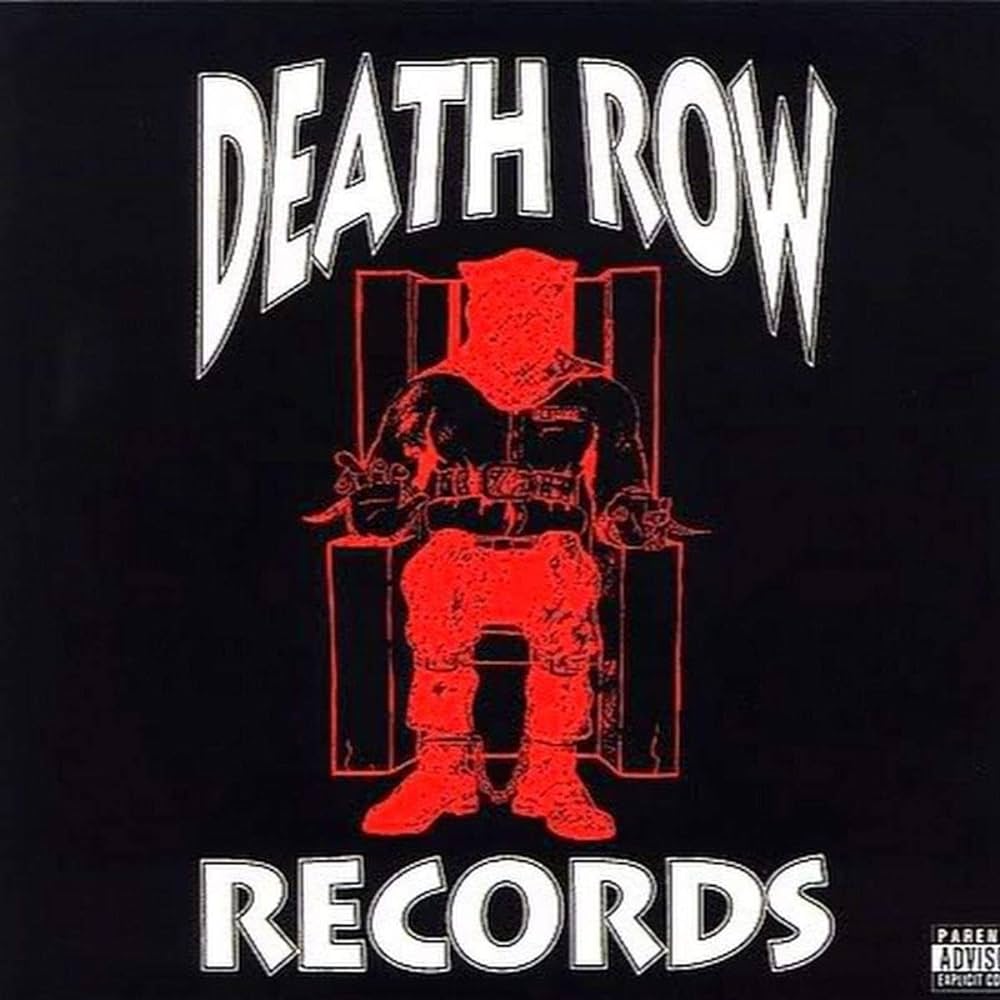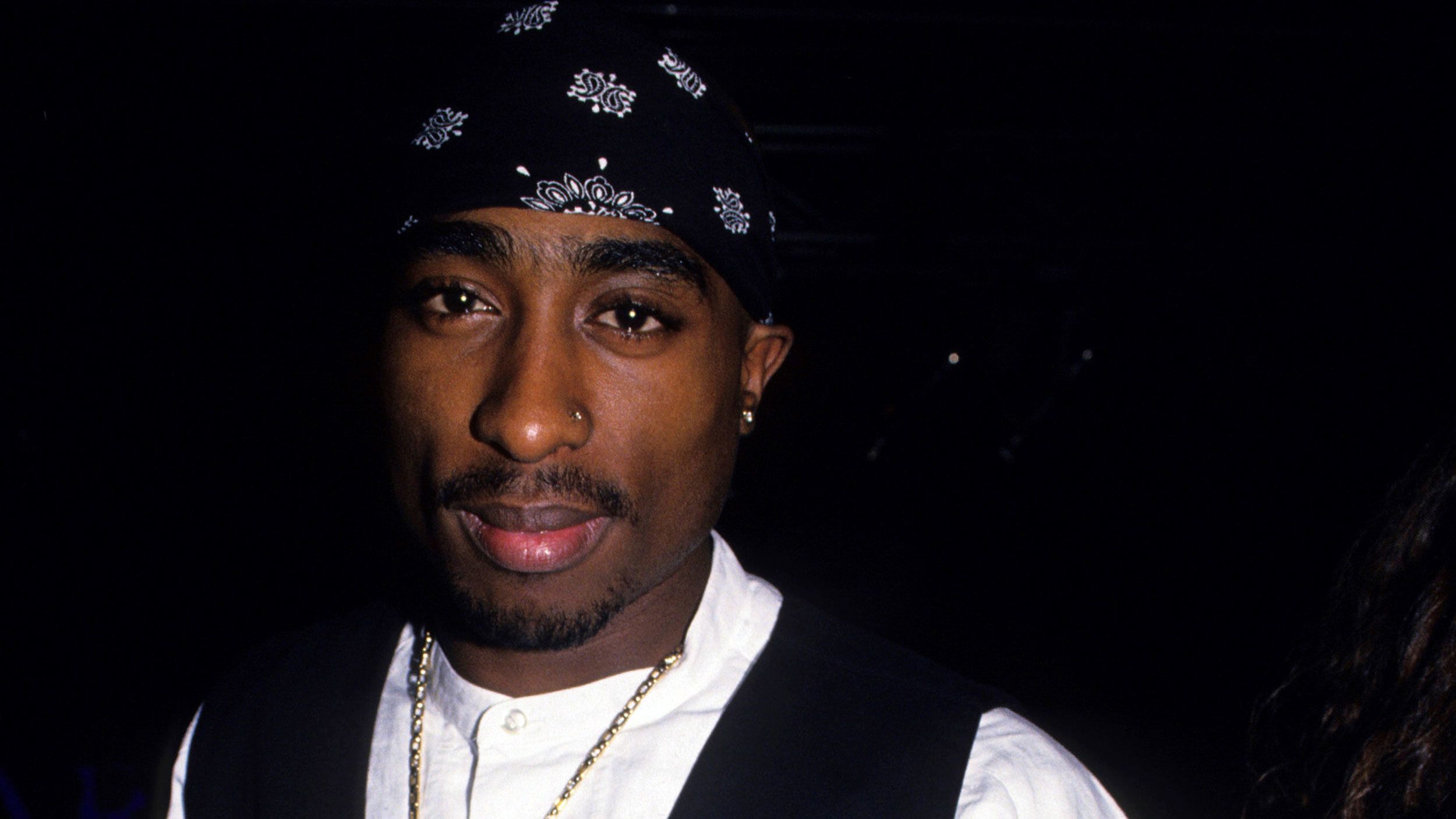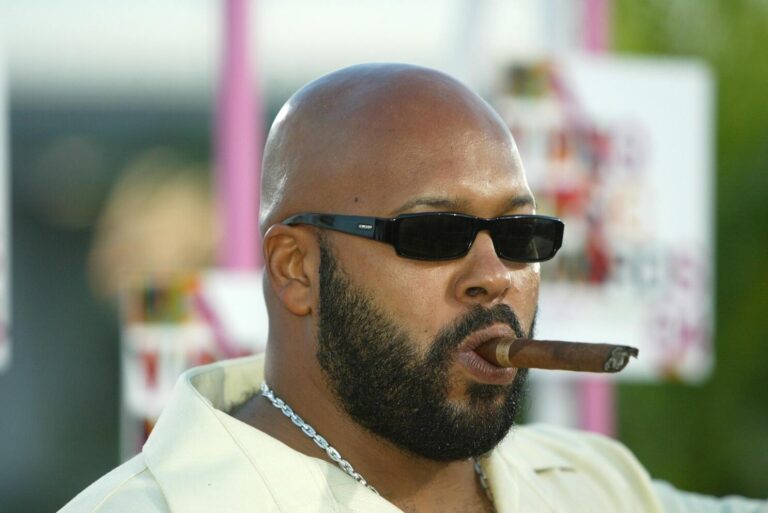Suge Knight’s Explosive Interview: In a riveting interview from RJ Donovan Correctional Facility, Marion “Suge” Knight, the notorious former CEO of Death Row Records, has pulled back the curtain on some of hip-hop’s most controversial moments and figures. Known for his pivotal role in shaping West Coast rap, Knight’s candid revelations offer a provocative insider’s perspective on the industry’s dark underbelly and its biggest names.

The Rise and Fall of Death Row Records
Knight began by discussing the unique position of Death Row Records in the industry:
“Death Row was a real company. Most of the other labels had logo deals. They didn’t own it… I own my masters,” Knight asserted, distinguishing Death Row from other hip-hop labels of the time.
He claimed that unlike other prominent figures in hip-hop, he didn’t start his business with drug money:
“I’m the only guy in this business, or especially a black guy, you see why I started my company from either a check from Solar or Ruthless or Priority. These are real companies, a Time Warner or an Interscope.”
Knight attributes the fall of Death Row to industry forces threatened by its independence and success:
“They wanted to be hip-hop because the difference was that Michael Jackson would spend say 75 million, 50 million before he sell one record… I was spending $50,000 to make an album, I spend 50,000 on the video, I spent 150,000 to promote it.”

Explosive Claims About Sean “Diddy” Combs
Knight made several startling allegations about Sean “Diddy” Combs:
- Industry Grooming: “He didn’t start off like that. I’m quite sure somebody taught him that, and that’s more deep in the industry,” Knight suggested, implying a cycle of abuse in the music business.
- FBI Informant Claims: “He’s been a FBI informant for a long time, they say,” Knight alleged, suggesting this might explain Diddy’s apparent immunity from serious consequences.
- Dangerous Knowledge: “He knows all the secrets,” Knight claimed, implying that Diddy’s position is precarious due to the sensitive information he possesses.
Knight also hinted at deeper issues within the industry: “You got to look at it like this: Puffy is one of those black guys that’s probably more feared of White America in Black America… White America, you got to show them some respect or they gonna stank him on the gas.”
Dr. Dre: From N.W.A to Aftermath
Knight didn’t hold back when discussing his former partner, Dr. Dre:
- The Chronic Contributions: “Dre did maybe three dope songs on there. Doggystyle, zero. Dre didn’t do California Love at all,” Knight claimed, challenging Dre’s reputation as a producer.
- Personal Revelations: Knight made controversial claims about Dre’s personal life, including an alleged desire to “be white.”
- Leaving Death Row: Knight attributed Dre’s departure from Death Row to Tupac’s anger over Dre’s alleged lack of involvement in “California Love” and his refusal to testify at Snoop Dogg’s murder trial.

The Tupac and Biggie Saga
Knight shared insights into the relationship between Tupac and The Notorious B.I.G.:
- Reconciliation Attempts: “I’m thinking about making history again. I’m like, ‘Man, y’all seem like y’all love each other.’… I said best way to end all this is do a four CD disc on Death Row. Snoop do a CD, Biggie do a CD, and the other two both of them going back and forth.”
- Tupac’s Impact: “When I lost Pac, it was a long time before I really listened to a lot of Pac’s music… I still do today, and sometimes I hear somebody say something, I get more emotional.”
- Biggie’s Murder: Knight denied any involvement in Biggie’s murder: “I know one good thing about it: one day the truth will come out, and the great thing about it, neither one of the murders had anything to do with me.”
Eazy-E and N.W.A
Perhaps the most shocking claim was about Dr. Dre’s alleged plot against Eazy-E:
“Dre was like, ‘Man, I want something happened to you bad.’… I call Dre… I said he get ready to come up here now, what you want done? Again, he was like, ‘Man, shoot that motherf**ker in the head, blow his head off.'”
Knight claims he refused to carry out this request, instead warning Eazy-E about the alleged plot.

The Current State of Hip-Hop
Knight expressed concern about the current state of the industry:
“The best talent we have in the industry right now is some of the talent you guys never heard… They got it so locked in or locked, they’re not giving some of the best talented people opportunity to be artists.”
He criticized the industry’s reliance on older artists: “Whether they have an artist that’s 50 years old, 49, still putting them on the front line. Give these younger generations opportunity, chance to grow and make some hits.”
Reflections on His Legacy
Despite his controversial past, Knight sees himself as a positive force in hip-hop:
“I built the West Coast sound. I say that’s Death Row… We built something that was the West Coast sound, and that West Coast sound made it like almost like a peace treaty for the West Coast.”
He talked about his philanthropic efforts: “I probably gave away more turkeys than pretty much a lot of people. And on top of that, every Mother’s Day, I used to give a single Mother’s Day dinner for all the single mothers for free at the Beverly Wilshire Hotel in Beverly Hills.”
Conclusion: Suge Knight’s Explosive Interview
Suge Knight’s interview provides a provocative, insider perspective on some of hip-hop’s most turbulent times and biggest names. While these claims are explosive and controversial, it’s important to note that they are Knight’s personal allegations and should be taken with a grain of salt. Many of these statements contradict official accounts and have not been independently verified.
Nevertheless, Knight’s words continue to shake the foundations of hip-hop history, offering a glimpse into the complex, often tumultuous world behind the music that has shaped popular culture for decades. Whether these revelations will lead to further investigations or responses from those mentioned remains to be seen, but one thing is certain: the conversation about hip-hop’s golden era and its lasting impact is far from over.


